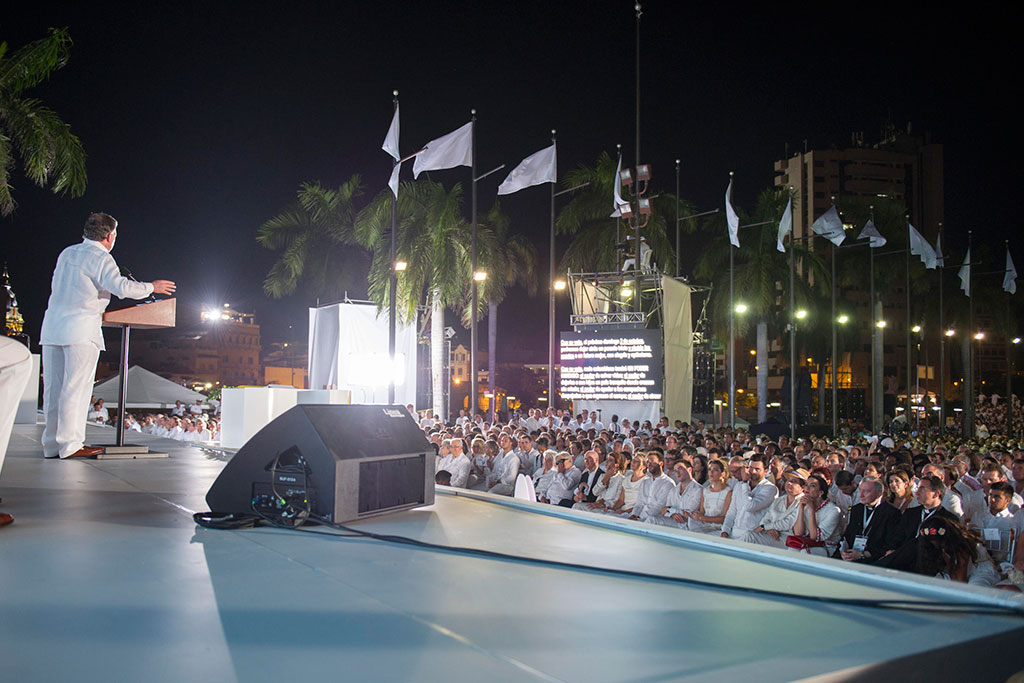Colombia: UN mission begins working to verify compliance with historic peace deal
“For the United Nations this joint effort is essential. It is an initial guarantee to all and Colombians that we are advancing with what was jointly agreed by the parts on bilateral ceasefire monitoring and verification – which was also unanimously approved by the UN Security Council,” said General Javier Perez Aquino, Coordinator of the tripartite Mechanism and head of international observers at the UN Mission in Colombia.
On Monday, representatives from the three entities will kick start joint activities in the first five of the eight regional offices: Florencia, Popayan, San José del Guaviare, Valledupar and Villavicencio, the UN Mission in Colombia said.
The Mission highlighted that women and men who form part of the joint Mechanism will monitor and verify the bilateral ceasefire and cessation of hostilities in Colombia that are part of a peace deal ending more than 50 years of conflict in the country. They are also planning and coordinating logistics for the regional offices and the zones where the separation of forces will take place, the Mission said.
On Monday, UN Secretary-General Ban Ki-moon was in Cartagena to welcome the signing by the Government and the FARC–EP of the peace deal. Deeply moved to see thousands of Colombians at the signing ceremony, Mr. Ban said he was honoured to celebrate the achievement of the parties “and that of countless Colombians who never lost hope in peace.”
Since 2012, the parties involved have been in talks hosted in Havana, Cuba. Throughout, negotiators reached agreements on key issues such as political participation, land rights, illicit drugs and victims' rights and transitional justice. Among other developments, the Government and the FARC-EP announced in May an agreement to release and reintegrate child soldiers from the opposition force. The parties also announced the establishment of a gender sub-commission to bolster the voice of women in the peace process.
“This Mechanism installed today reflects the commitment of the Government, FARC-EP and the United Nations to begin building a stable and lasting peace for Colombia,” said Rear Admiral Orlando Romero Reyes, delegate of the national government in the tripartite Mechanism.
“We follow the path of peace with social justice for the benefit of all Colombians. The mechanism will work to guarantee compliance with the agreement,” said Marco Leon Calarca, chief of the FARC-EP in the Mechanism.
The Mechanism is composed of representatives of the Government and the FARC-EP, under the coordination of international observers from the UN Mission in Colombia. The joint Mechanism enables the Government, FARC-EP and the UN Mission to directly observe compliance with the agreement and promptly resolve any disputes.






